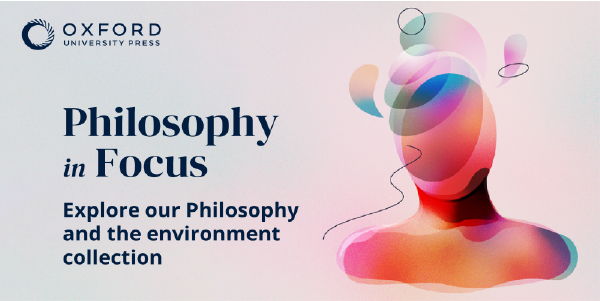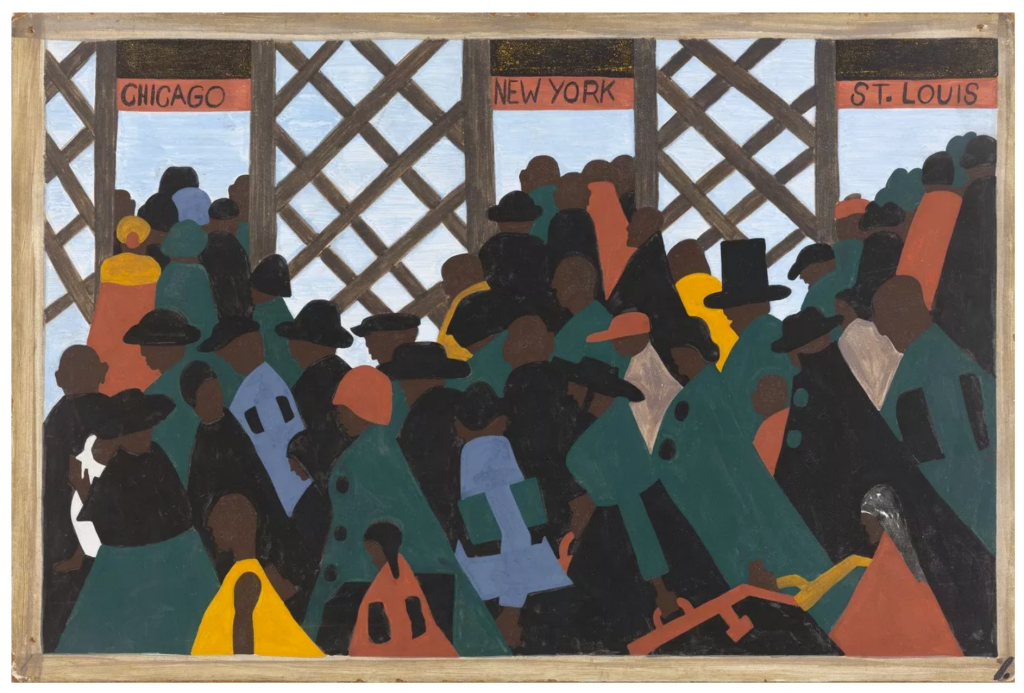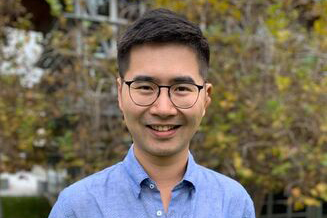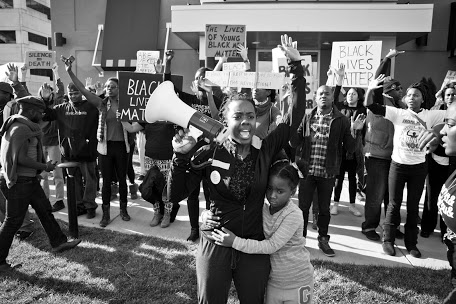
There is a long tradition of philosopher-activists. Socrates and Diogenes were activists of a certain stripe. Jeremy Bentham and John Stuart Mill used their moral theory of utilitarianism to advocate for political reforms. Bertrand Russell was a pacifist who used his platform to oppose war, and Martin Luther King, Jr. used non-violent direct action to oppose segregation as well as pacifism globally. Today, Martha Nussbaum, Cornel West, Peter Singer, and Angela Davis are among the many academic philosophers who use their writings in tandem with their activism to advance their philosophical approaches.

What is the relationship between philosophy and activism?
Philosophy & Activism
by Jill Delston
In an effort to highlight scholars working in Philosophy and Activism as well as give them the opportunity and means to pursue it, I’m organizing the First Annual UMSL Workshop on Philosophy and Activism on May 25 & 26 in Saint Louis, with Hallie Liberto and Helen De Cruz as keynote speakers. The deadline to submit abstracts was April 15, but for the occasion of this post, I am extending it a week until April 22nd. The conference will also include opportunities to discuss structural injustices in our profession and in academia: there will be a roundtable discussion on this issue and you can also submit abstracts or papers just for this portion of the conference.
While some people have argued that political activism is in tension with academic inquiry (here, for example), there have been plenty of well-regarded scholars who have engaged in such activism, including in philosophy.
Consider also participating in the online seminar series on Philosophy & Activism. Today’s (April 15) session will be at 6pm EST with a talk by Will Tuckwell on virtue signaling.
The role of activism in philosophy may also point the way forward for the future of our discipline itself and can be one way to show our value and influence. For example, Robin Fretwell Wilson writes that, “Universities, especially public universities, have an obligation to make sure the work of their scholars reverberates where it matters, in policy that impacts real people’s lives. Through public engagement that fosters conversation on the most important issues facing the state and the nation today, we can put scholars in conversation with lawmakers to connect the experts with our state’s needs and to support policymakers pursuing objective, research-driven solutions.” This obligation presents an opportunity not just to translate our work to improve others’ lives, but also to demonstrate the value of philosophy. Philosophy can identify moral dilemmas where other fields don’t, and it can solve those moral dilemmas when others can’t. On this view, our mission is clear, our purpose is valuable, and many of us are doing the civic engagement work of translating these academic pursuits into the public sphere through philosophy and activism.
In the following guest post*, Jill Delston, a philosopher at the University of Missouri-St. Louis, discusses the relationship between philosophy and activism, and provides information about some events on this subject.
If activism (broadly construed) is constitutive of the good life or if activism is central to philosophy, then not only is the connection between activism and philosophy a strong one but also it is worthy of our time and attention. Of course, questions remain. And the field of Philosophy of Activism includes a rich literature not just of philosopher-activists or activists doing philosophy, but also of theorizing about activism, including those opposed to the connection.
Philosophers often consider the question of what the good life is. If the good life includes activities of civic engagement aimed at using public values to improve our communities and broader world, activism may be central to the answer to that question. On the role of civic engagement in the good life, Amartya Sen argues that it is constitutive, writing that, “exercising civil and political rights is a crucial part of good lives of individuals as social beings.”
[Jacob Lawrence, “The Migration Series”, Panel 1]



